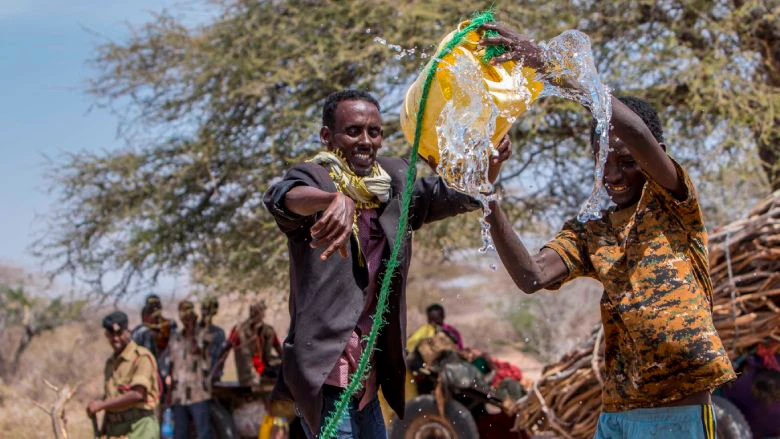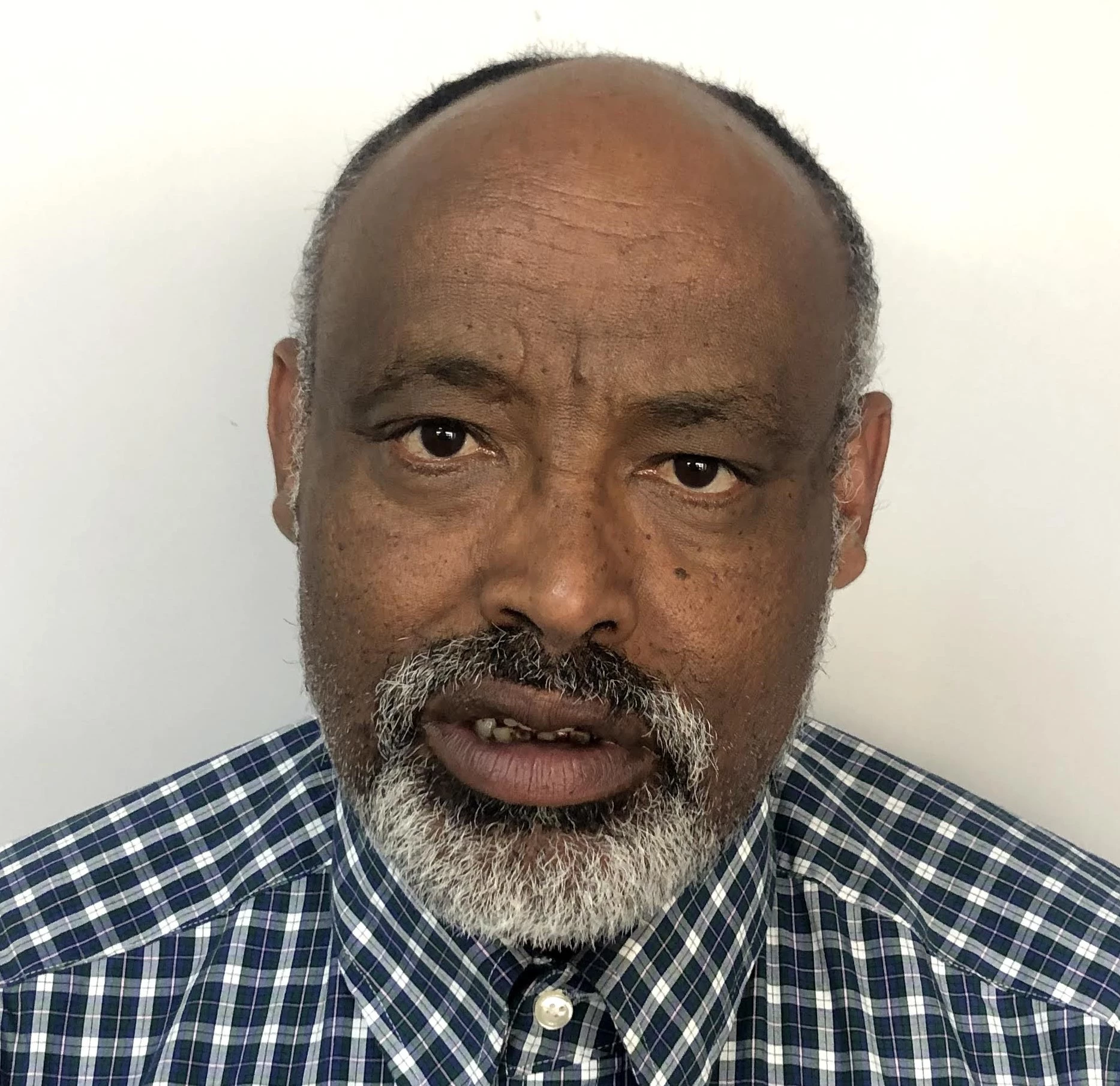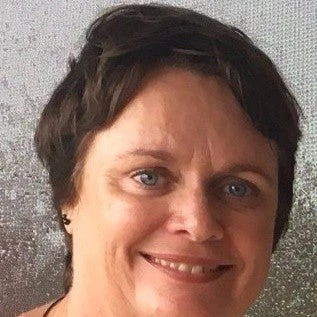 Men fetch water in the county of Wajir in North Eastern Kenya. Credit: Tintseh/World Bank.
Men fetch water in the county of Wajir in North Eastern Kenya. Credit: Tintseh/World Bank.
In the Horn of Africa, one of the most vulnerable regions in the world, water security is the foundation for development. This is clearest in its borderlands, home to 50 million people, mostly pastoralists who are constantly on the move in search of water and pasture. Conflict is widespread, as heightened climate variability increases the frequency and severity of drought, catalyzing clashes among clans.
When the rainy season fails, groundwater becomes a source of resilience. But we still know very little about the potential of groundwater in this region, in part because important transboundary aquifers remain broadly understudied and underexploited.
The fact formal institutions have little presence on remoter borders in the Horn of Africa makes water service delivery extremely challenging: Up to 40% of water points fail two years after construction, often due to a myriad of factors but mostly due to the lack of arrangements for their proper management.
The Horn of Africa Groundwater for Resilience Project is an ambitious regional operation that tackles these challenges in the borderlands of Ethiopia, Kenya, and Somalia, with a critical role played by the region’s Intergovernmental Authority on Development as facilitator and convener of transboundary groundwater collaboration.
The project’s main goal is to enhance resilience in these conflict-prone areas of the Horn by increasing access to sustainable groundwater. The countries participating in the project are pursuing objectives to increase the amount of information on aquifers, as well as their capacity to manage them and to develop water service delivery infrastructure from groundwater to support drought resilience among vulnerable populations.
Project activities are accompanied by an ambitious knowledge agenda, supported by the Cooperation in International Waters in Africa program, designed to extract lessons that could be applied to similar operations elsewhere, and conducting applied research to strengthen the project’s impact. This is a regional “knowledge into implementation” and “implementation into knowledge” approach, with active learning and experience-sharing across countries.
The knowledge agenda focuses on exploring, among other things:
- the delivery of resilient water services in highly fragile and climate-exposed contexts like the Horn of Africa’s borderlands,
- the role that increased access to safe water has in mitigating social conflict in these areas, and
- the way in which transboundary groundwater in the borderlands promotes regional integration.
During its first year of implementation, the project has learned—after robust site selection—fascinating insights into the role of groundwater, including factors key to minimizing sustainability risks—enhanced by a remote monitoring system, put in place to support project supervision.
Aside from this, ongoing research is exploring the reasons for failure in sites that require rehabilitation. Research is also looking into mapping out groundwater resources, understanding links to social conflicts, and looking at the role of formal and informal institutions and other approaches to minimize risks of political capture.
The knowledge agenda is helping stakeholders understand the water drilling market better and teaching them how to identify best practices to minimize the risks involved in drilling boreholes (given the high failure rates in the region), as well as learning how to identify context-appropriate management models for future rural water supply schemes.
The project is advancing regional collaboration by carrying out an assessment of strategic transboundary aquifers in the region, including the Dawa aquifer (Ethiopia–Kenya–Somalia), the Shabelle aquifer (Ethiopia–Somalia) and the Northern Basement aquifer (Kenya–Ethiopia).
Feasibility studies determine key aspects such as how much water is stored underground, what are the aquifer dynamics, what are the areas of aquifer recharge to be protected, and how much water can be exploited/extracted sustainably.
Applied knowledge will increase resilience in fragile borderlands. Finding the right formulas to do this, through research and robust mechanisms for implementation, will facilitate the scaling-up of these interventions, foster new thinking, and test-run the approach for other transboundary regions where water plays a fundamental role in peace, stability, and sustainable development.





Join the Conversation